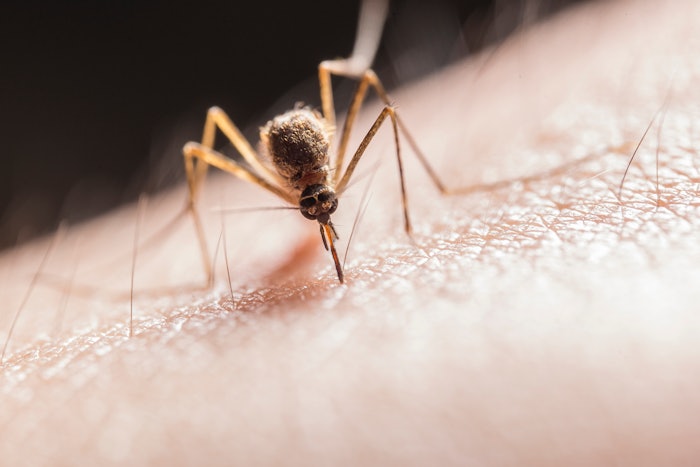
In a study published by iScience, "Soap application alters mosquito-host interactions," researchers Morgen VanderGiessen, Anais K. Tallon, Bryan Damico, Chloe Lahondere and Clement Vingauger selected four commercial soaps based on their high popularity and analyzed their effect on human skin odor profiles using gas chromatography-mass spectrometry and on the behavioral response to human odors by the yellow fever mosquito Aedes aegypti. Relying on a multi-pattern analysis of the chemical profiles of soap-washed skin, the researchers designed attractive and repulsive mixtures as proof of concept that this approach can be leveraged for mosquito control.
Study Highlights
• Soaps significantly alter the olfactory signature of human hosts
• Some soaps increase host attractiveness for mosquitoes while others reduce it
• Effects on mosquito attraction are linked to specific chemical compositions
• Artificial mixtures based on analytical results recapitulate the effect of soaps
For the entire study, visit https://www.cell.com/iscience/fulltext/S2589-0042(23)00744-7.










